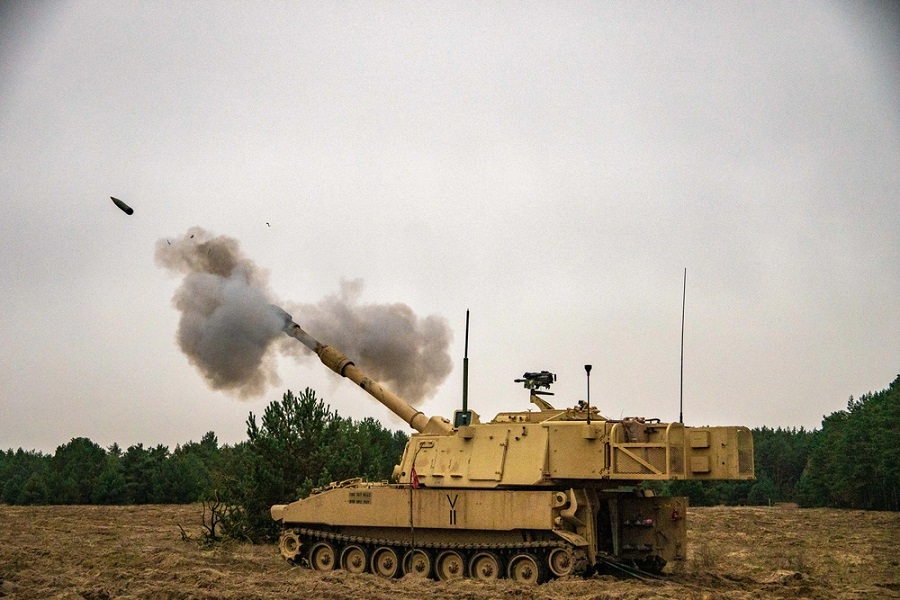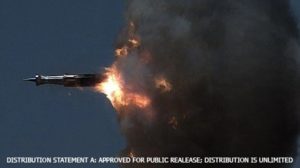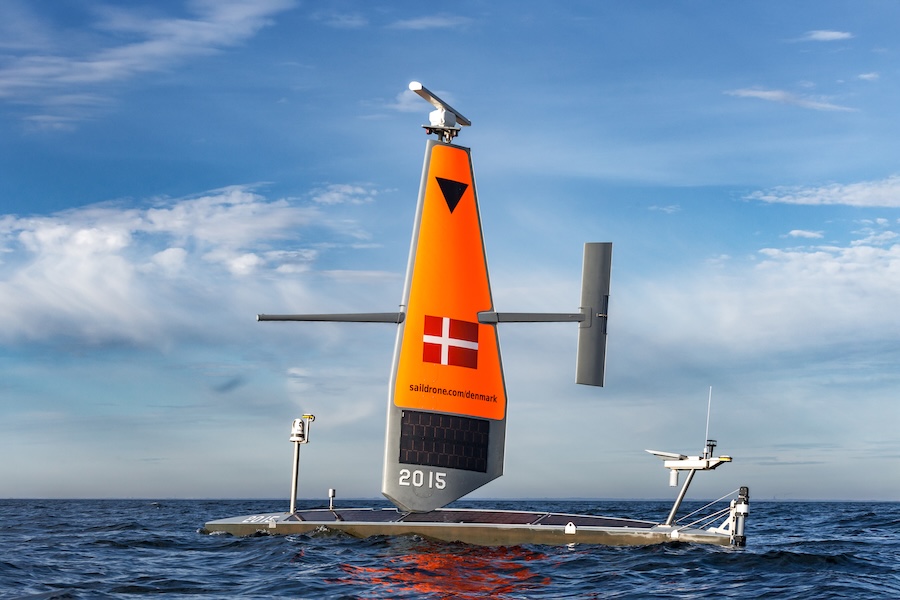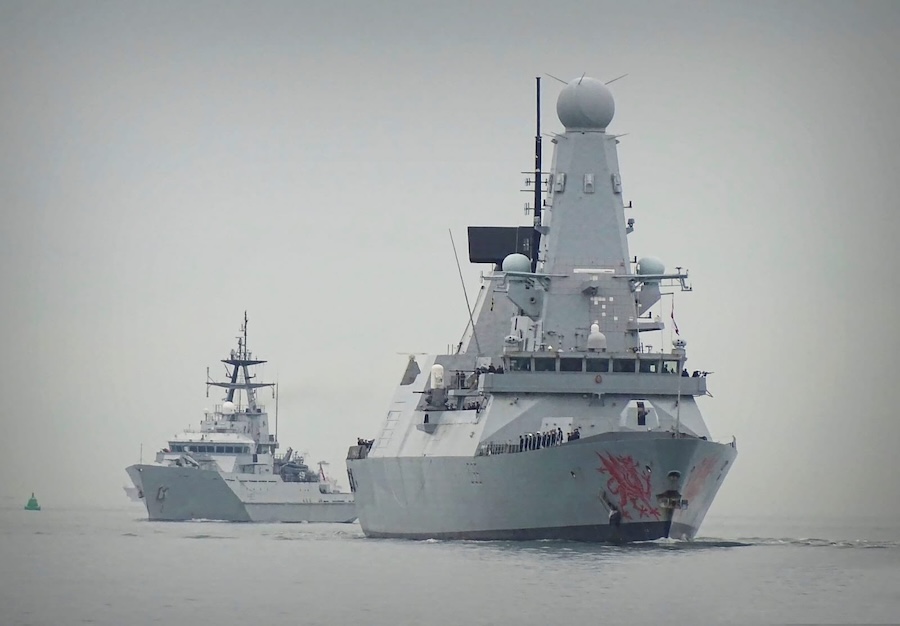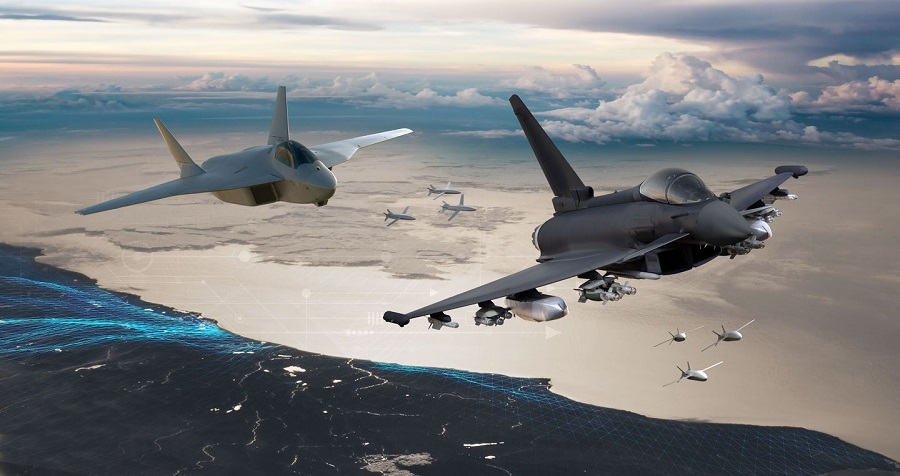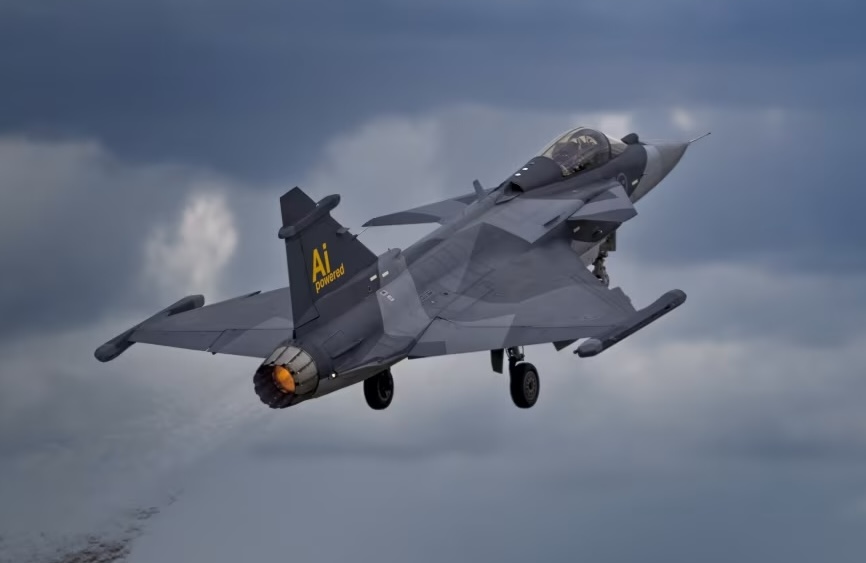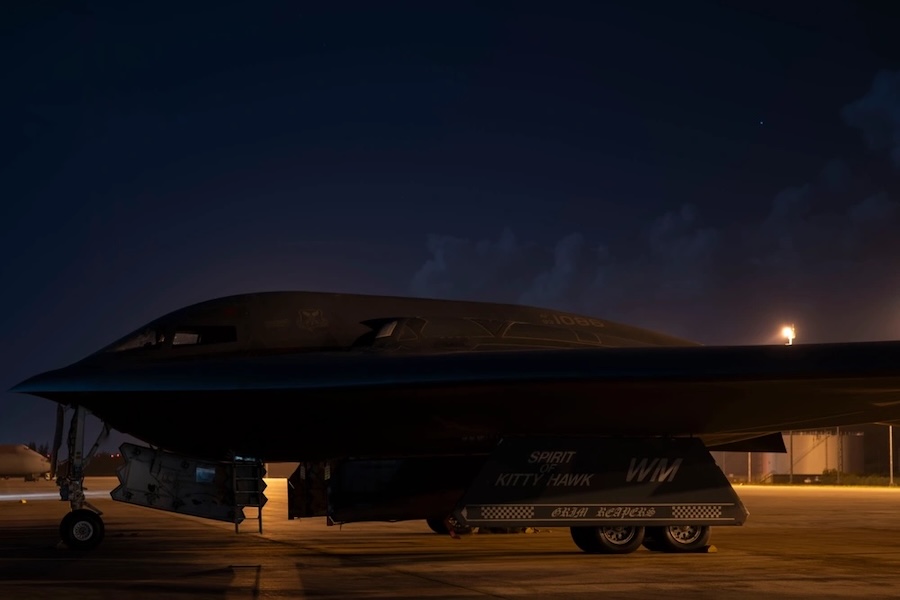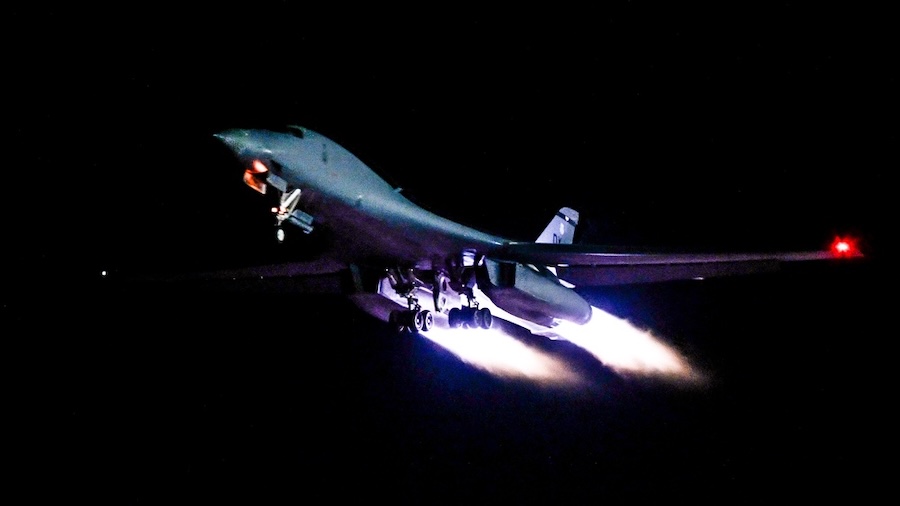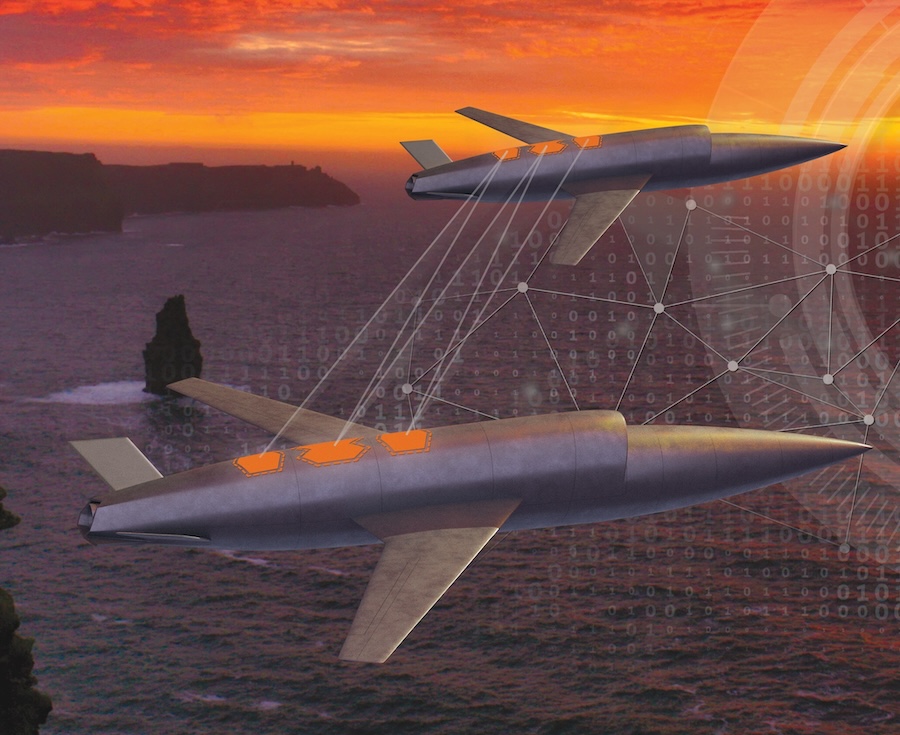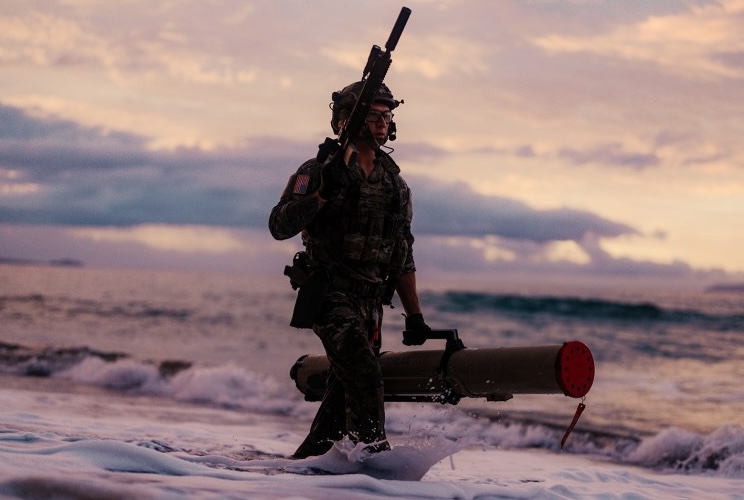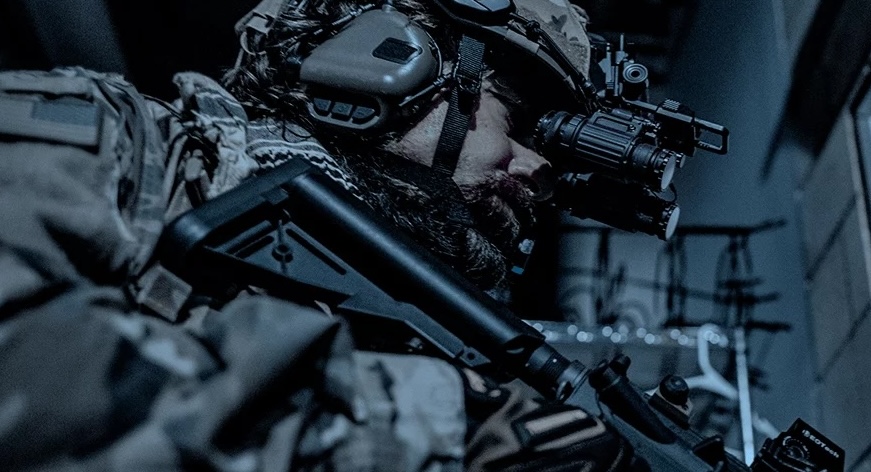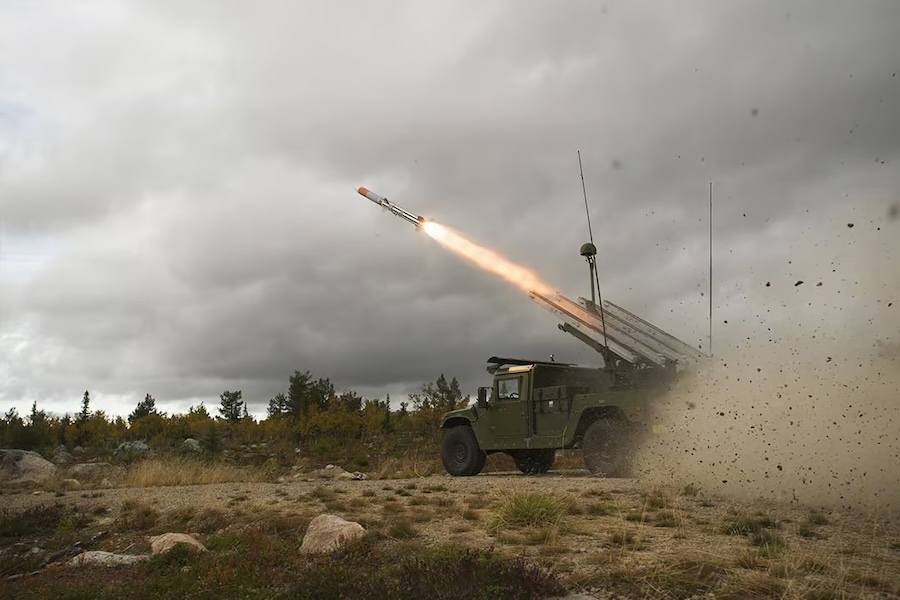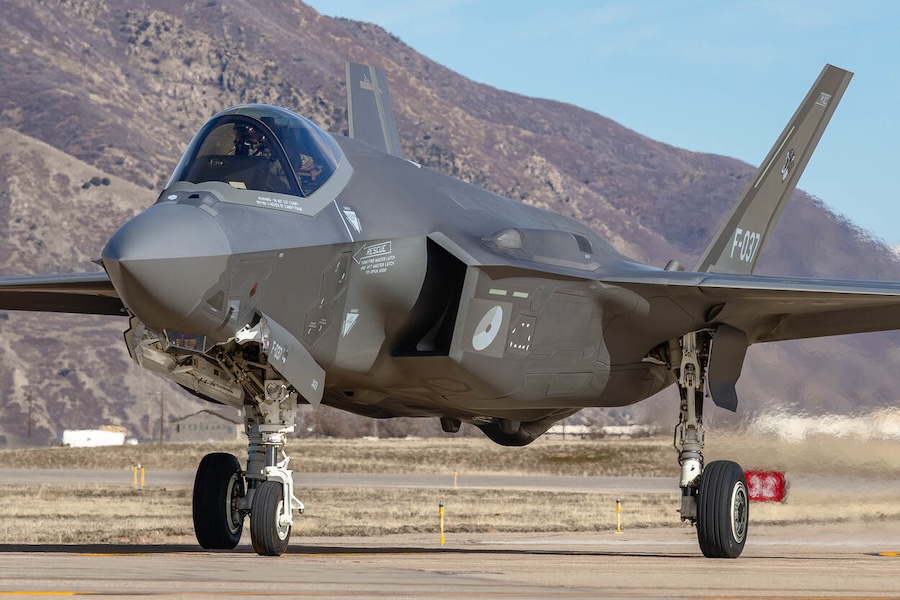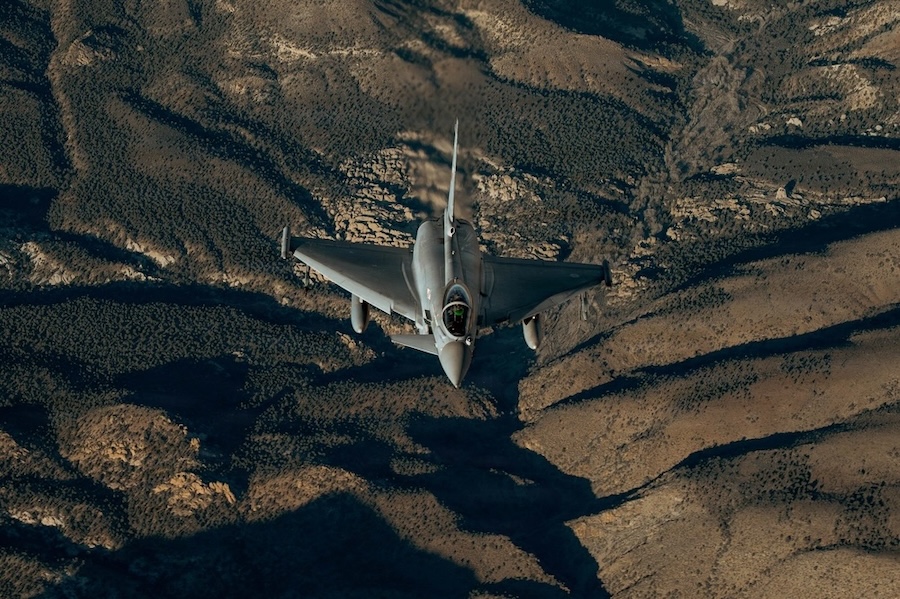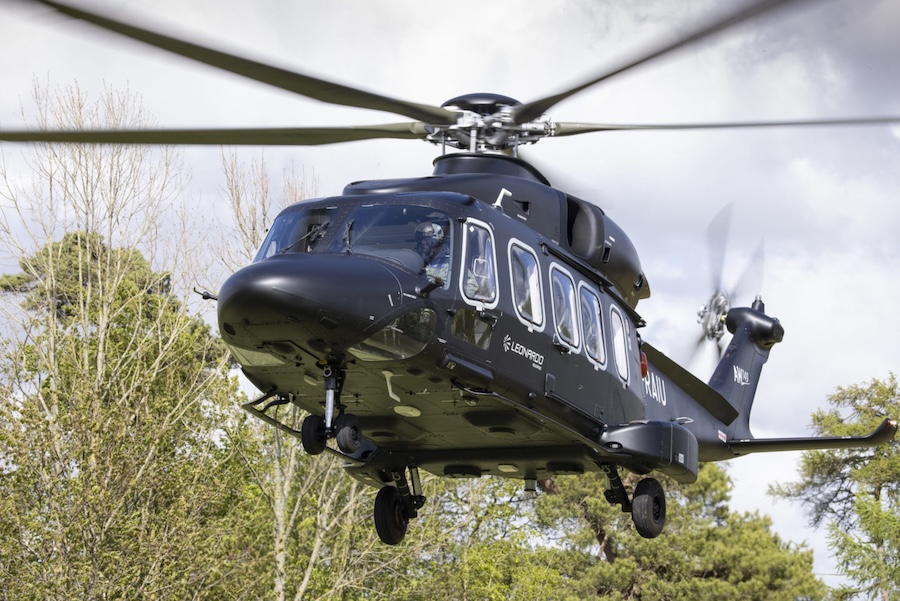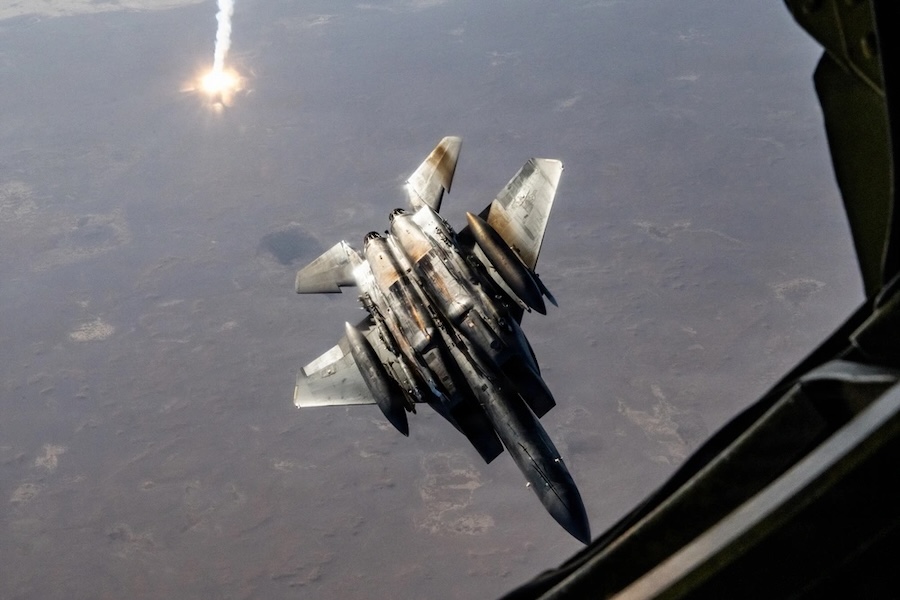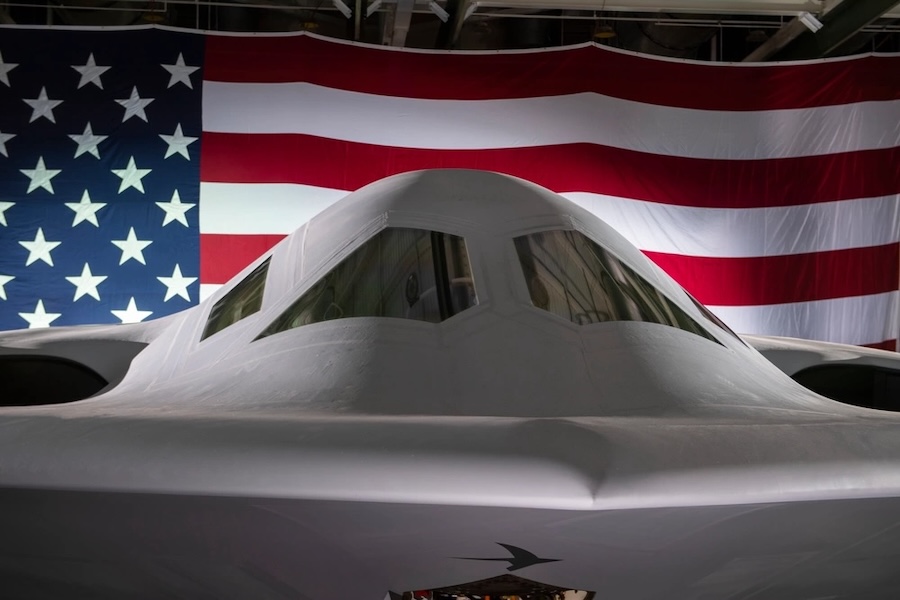The Army aims to develop, prototype and qualify a rocket-assisted projectile that can achieve ranges of at least 40 kilometres unguided and 36 kilometres guided when fired from current 39-calibre artillery systems. Future range goals extend to 55 kilometres unguided and 48 kilometres guided from emerging 52-calibre platforms.
Compatibility with existing systems, including the M109 self-propelled howitzer, M777 lightweight towed howitzer, M232-series Modular Artillery Charge System, and M767-, M782- and M1156A1-series fuzes, is required. The programme is intended to ensure both backward compatibility and readiness for integration with new platforms.
According to the Army, “The proposed projectile shall effectively defeat personnel and light material target sets including radar, air defense, and artillery systems.” The service is seeking mature solutions that can move quickly through critical design review and into full qualification with limited additional development.
Respondents are asked to provide details on range, guidance and lethality performance, along with technical, manufacturing and production data. Submissions must include projected production rates and pricing estimates for scales ranging from 500 to 15,000 units annually.
The Army has extended the deadline for responses to 22 September 2025. Successful completion of the standalone Other Transaction Agreement will pave the way for low-rate and full-rate production under a U.S. Government-owned Level III Technical Data Package.
The service anticipates early operational capability for the NGRAP in Fiscal Year 2027, with full materiel release planned for Fiscal Year 2030. The programme is part of broader efforts to expand artillery range and lethality against evolving threats from peer adversaries.


